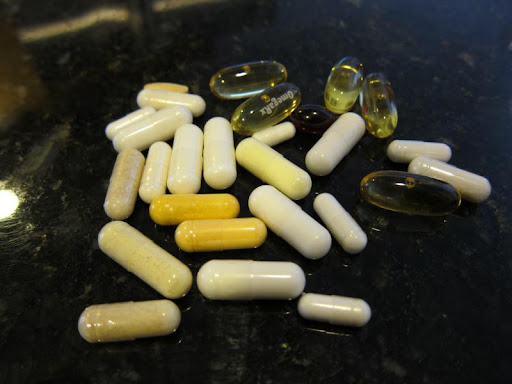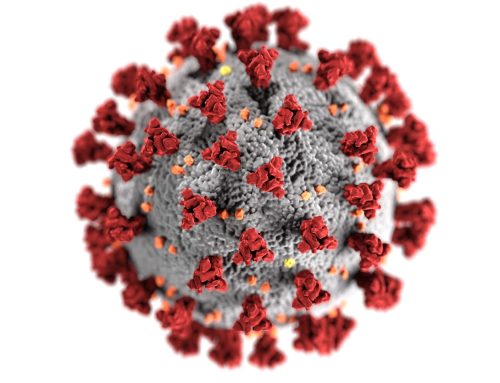Nutritional supplements are any products that a person adds to their diet with the goal of improving their wellness or a specific health condition. Taken orally, supplements usually contain vitamins, enzymes, amino acids, herbs, or minerals. While most supplements are safe if instructions are followed, some may interact unexpectedly with other medications and cause harmful side effects. Others may contain products that require a prescription and may have adverse side effects. In addition, some nutritional supplements haven’t been tested under the guidelines of the U.S. Food and Drug Administration. Before taking any supplements you should always consult with your JCMC healthcare provider. Make sure that you discuss your health concern as well any medications you take regularly so they can advise you.
Can Taking Nutritional Supplements Reduce My Risk For Disease?
Nutritional supplements can reinforce a healthy diet and help replace deficits caused by illness or the use of medication. Some supplements, like fish oil, may help with specific health concerns like heart health. However, eating fish high in omega-3 oils, such as salmon, herring, or sardines, can provide the same nutrients and benefits as taking the supplement. A nutritional diet is fundamentally more important for your health than a nutritional supplement.
Vitamin C may help boost the immune system, but eating fresh citrus and bell peppers can provide the vitamin C the body needs along with a host of other health benefits. Vegetarians and vegans may benefit from taking a vitamin B-12 supplement, but they can also get this essential vitamin by eating foods such as seaweed, chlorella, and cremini mushrooms. So again, be sure to consult with your doctor about your specific concerns before taking anything.
Can Taking Supplements Replace Eating Well and Exercising?
In an article by the National Center for Complementary and Integrative Health, taking a multivitamin doesn’t guarantee that a person will live a longer or healthier life. Taking nutritional supplements probably won’t reduce the risk of cognitive decline or lower the risk of getting cardiovascular disease or diabetes. Some people may think they can supplement a poor diet by taking vitamins or other nutritional supplements. Eating well and exercising regularly, practicing a healthy lifestyle, is always the straightest path to good health.
The vitamins and minerals essential to health are easier to absorb in their natural state than when processed into supplements. Eating a balanced diet with the right proportions of macronutrients — carbohydrates, fats, and proteins — provides the necessary nutrients to live a healthy life. Doing daily cardio exercises and weekly strength training also contributes to overall health.
Although some vitamins or other nutritional supplements may fill specific nutritional gaps in the short term, nothing beats a well-balanced diet with regular exercise. Choosing wholesome foods and a personalized exercise plan can decrease health risks and increase fitness. Contact the doctors at JCMC Health to further discuss the pros and cons of taking vitamins and nutritional supplements, as well as coming up with a diet and exercise plan that works for you.







